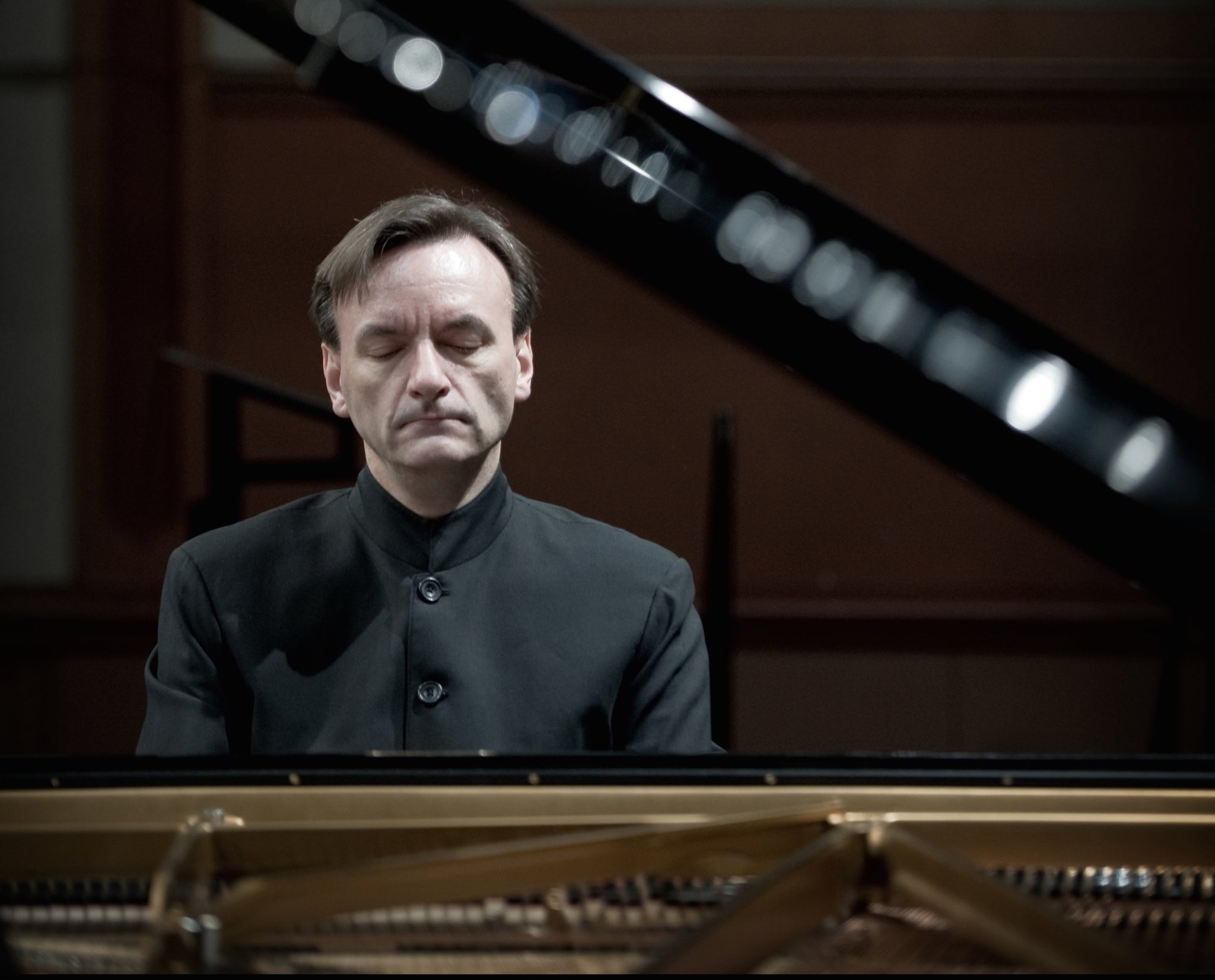Stephen Hough, Soutbank, review: Ferociously brilliant Debussy and Chopin programme
Classical pianist brings colour and effervescence

Your support helps us to tell the story
From reproductive rights to climate change to Big Tech, The Independent is on the ground when the story is developing. Whether it's investigating the financials of Elon Musk's pro-Trump PAC or producing our latest documentary, 'The A Word', which shines a light on the American women fighting for reproductive rights, we know how important it is to parse out the facts from the messaging.
At such a critical moment in US history, we need reporters on the ground. Your donation allows us to keep sending journalists to speak to both sides of the story.
The Independent is trusted by Americans across the entire political spectrum. And unlike many other quality news outlets, we choose not to lock Americans out of our reporting and analysis with paywalls. We believe quality journalism should be available to everyone, paid for by those who can afford it.
Your support makes all the difference.Whatever Stephen Hough plays, he either distils its essence or finds something strikingly new to say about it, and so it was with his Debussy and Chopin programme.
He delivered La plus que lente with a languid silkiness, hands seeming to sink onto the keys rather than striking them, and with Estampes created exquisite impressionism: serene Orientalism with Pagodes, sumptuous suggestiveness with La soiree dans Grenade, and primary-colour effervescence with Jardins sous la pluie.
To Chopin’s Ballades he brought his particular perfectionism, which resides in the scrupulous shaping of every phrase and weighing of every note, and in the fastidious preparation of his effects. He opened the first Ballade with what sounded like a distant carillon borne on the wind; in the second his tender cantabile and refined pianissimi were the foil for a ferociously brilliant turbulence.
The third Ballade came in very unfamiliar garb, understated and intimate until its explosive final stages, and the fourth had a watercolour delicacy. It was the fault of piano-plus-acoustic, not of Hough, that the fortissimo passage-work sometimes came in a blur.
Back then to Debussy, teasing out the quirky charm of Children’s Corner and winding up with a virtuosic Isle joyeuse. Three encores: a twinkle-toed Minkus send-up and a clattering stomp with flat-of-palm emphasis (both by Hough), and finally some Grieg.
Join our commenting forum
Join thought-provoking conversations, follow other Independent readers and see their replies
Comments